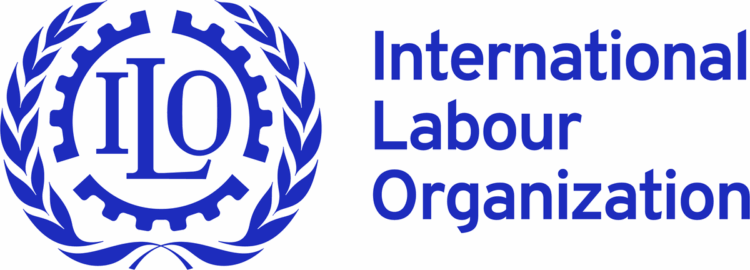Leading voices from the International Labour Organisation (ILO), the organised labour and the private sector have raised the alarm over the widespread deficit in social protections and decent working conditions, with more than 80 per cent of Nigerians employed in conditions that fall short of international labour standards.
This was the major highlight of yesterday’s two-day national dialogue in Abuja on “Promoting Sustainable and Responsible Business Practices for the Realisation of Decent Work in Nigeria.”
The event, supported by the government of France under the France–ILO agreement, brought together representatives of multinational enterprises, employers’ associations, labour unions and government ministries in a bid to align corporate practices with Nigeria’s development goals and international labour principles.
The director of the ILO country office for Nigeria, Dr Vanessa Phala, stressed the urgency of aligning business conduct with social and environmental standards to achieve inclusive growth.
She pointed to the ILO’s Tripartite Declaration of Principles concerning Multinational Enterprises (MNE Declaration) as a guiding framework.
“This dialogue comes at a critical moment, trade, investment and enterprise development hold immense potential for job creation and innovation, but they must be rooted in responsible business conduct. Nigeria’s Agenda 2050 and Africa’s Agenda 2063 both demand that growth benefits all people.”
Phala noted that nine African countries, including Nigeria have already designated national focal points for the promotion of the MNE Declaration and called for deeper collaboration between home and host countries of multinationals operating in Nigeria.
Delivering the keynote address, Dr Salihu Usman, permanent secretary of the Federal Ministry of Labour and Employment, said the dialogue reflects the government’s dedication to President Bola Ahmed Tinubu’s Renewed Hope Agenda, which is anchored on economic growth, job creation and poverty eradication.
He also emphasised the need for multinational corporations to lead by example in adopting ethical labour practices.
“Multinational enterprises must internalize the principles of the ILO MNE Declaration and work with national actors to ensure respect for labour rights, fair wages, gender equity, and environmental sustainability,” Usman said.
Speaking on behalf of employers, Adewale-Smatt Oyerinde, director-general of the Nigeria Employers’ Consultative Association (NECA), acknowledged ongoing collaborative efforts with the ILO and other stakeholders.
However, he warned that Nigeria’s informal sector, employing over 80 per cent of the workforce, remains largely outside the scope of social protection and decent work policies.
“We must acknowledge the persistent challenges, the informal sector, which employs over 80 per cent of our workforce, remains largely excluded from social protections and decent working conditions.
Many enterprises, particularly SMEs, persistently fail to comply with labour standards, which threatens national productivity and stability. This dialogue must move beyond rhetoric; let it be the start of measurable progress,” Oyerinde noted.
President of the Nigeria Labour Congress (NLC), Comrade Joe Ajaero, condemned multinational corporations that exploit Nigerian workers with impunity.
“Workers are paid starvation wages, unions are crushed, and communities poisoned, all in the name of profit. What is tolerated here would never happen in the home countries of these corporations”, Ajaero said.
He urged the Nigerian government to enact pending labour laws, ratify ILO Convention 190, and strengthen enforcement mechanisms.
President-general of the Trade Union Congress (TUC) of Nigeria, Comrade Festus Osifo stated that violations like wage theft, informality and unsafe workplaces undermine economic sustainability.
Osifo urged businesses to shift from exploitative practices to human-centred approaches.
“Decent work is not a cost it is an investment in human dignity, industrial harmony and national development,” he said.











